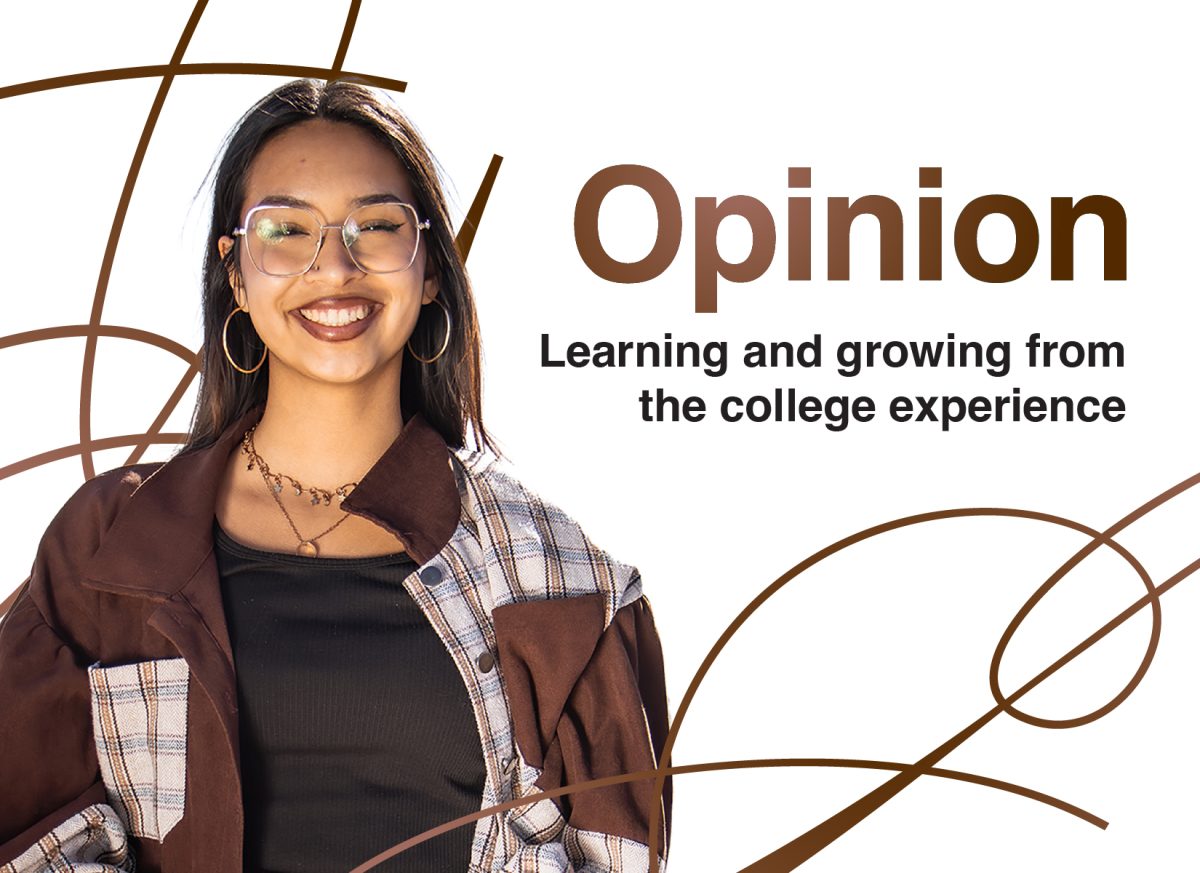Obama called the three Muslim students killed last week at Chapel Hill University “brutal and outrageous,” and added, “no one in the U.S. should ever be targeted because of who they are, what they look like, or how they worship.”
Much of the mainstream discussion regarding this incident has revolved around questions about the motive of Craig Hicks, the white man who killed the three students, his motivation and whether the incident, which started over a parking incident, was a hate crime.
The incident will become more relevant than ever to university students all over Texas, because if passed, Senate Bill 11, also known as the Campus Personal Protection Act, authored by Sen. Brian Birdwell (R-TX), among others, gets passed, it will allow concealed weapons to be carried on campus by Sept. 15, 2015.
At the hearing, Birdwell explained that, “it has not been in the past nor it is my intention to allow for the open carry of hand gun on campus…my legislative intent focuses solely on the concealed carry of a hand gun on campus by a CHL (concealed handgun license) holder, thus affirming his or her constitutional right… The open carry on campus will be prohibited.”
More than 100 people signed up to testify either for or against SB 11 and SB 17. One of the bills lifts a ban on concealed guns on university campuses (which is supposed to be amended to only include concealed handgun license owners) and the other allows licensed holders to carry guns openly.
“This is not an anti-gun thing, this is a thing where we let schools decide what’s best for them,” said Carlos Martinez, a representative of college Democrats across the state, while testifying at the Senate State Affairs Committee against Senate Bills 11 and 17.
After Martinez testified, Robert Holden, a firm supporter of the two bills, said, “wow it’s amazing how people fear freedom.”
The bill is very similar to one introduced by U.S Sen. John Cornyn (R-TX) called The Constitutional Concealed Carry Reciprocity Act of 2015. The bill would allow CHL owners to carry concealed guns in states that prohibit concealed guns.
In light of this, the inevitable questions is, how hard is it to get a concealed handgun license?
According to TxDPS, the requirements of getting a CHL are, you must be 21 years of age or older and you must meet federal qualifications to purchase a handgun. Certain factors may make you ineligible to purchase one, such as felony convictions, whether a person has been diagnosed by a licensed physician as suffering from a psychiatric disorder, among others.
Despite eligibility requirements, it’s safe to say Craig Hicks could qualify for a concealed handgun license.
He was never hospitalized, or diagnosed by a psychiatrist. In fact, he was an exemplary student, described by a former instructor as “bright, hardworking and smart.” He had several Facebook posts advocating for same-sex marriage rights.
There is no eligibility requirement to buy a CHL that checks for Islamophobia, or for a propensity to commit a hate crime.
Despite ongoing shootings like the one that happened at Chapel Hill, state legislators are pushing for the right to carry a concealed handgun on campus. The basis for much of the argument is that it’s a constitutional right.
But, what about the right to walk on campus without fearing that there are people like Craig Hicks walking around?
Is it less of a right because it is not written in the state or federal constitution? And why are the rights of one group more justifiable than another?
There are many questions that remain to be answered. But, what is clear is that state legislators need to consider the protection and rights of all of its constituents before it passes legislation that will affect everyone.
It is clear that eligibility requirements to be granted a CHL are not enough to safeguard the protection of innocent lives.
There is an ongoing plethora of articles already written in the history of school shootings. A continuous blood spillage, headed by the likes of Wayne De La Pierre, who argues that the answer to bad guys with guns is good guys with guns.
Yes, people have a right to carry guns. But people also have a right to not get killed for parking in the wrong space or for being Muslim.
If legislators want to protect the rights of gun owners, they should do it responsibly by safeguarding the rights of those who don’t have one.
Maria Esquinca can be reached at [email protected].






Benjamin Stringer • Feb 18, 2015 at 9:25 AM
“But, what about the right to walk on campus without fearing that there are people like Craig Hicks walking around?”
You have a right to be free from threats against your person, but the logical burden of proof is on you to show that a threat is taking place. It is logically impossible to prove a negative. It is impossible for a person to prove that they are not going to commit a crime in the future. So if you don’t have any specific evidence to show that an individual has demonstrated a propensity to commit aggression, you don’t have the right to regard them as a potential criminal and curtail their conduct. You can’t hold all of society collectively and preemptively responsible for the future crimes of someone else. I don’t have to prove anything to you. I don’t have to prove that I am not a Craig Hicks.